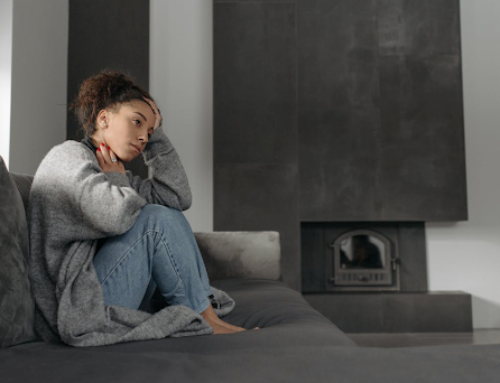
You can have trouble sleeping for numerous reasons, and these problems can often be related back to a nasal or throat disorder.
If you have problems breathing through your nose, it may be due to having a deviated septum. Your septum is the vertical strip of cartilage and bone that divides your two nostrils. When the septum is off-center, whether it’s by genetics, injury, or drug abuse, one or both nostrils are obstructed.
A deviated septum is one of the biggest reasons people visit a sinus doctor with breathing issues, as the air cannot pass through a nostril that’s blocked.
Problems with air passage are one of the reasons people snore and/or have problems sleeping, and this is why a deviated septum is often associated with these issues. Therefore, straightening a deviated septum may have a positive impact on sleep.
In this blog, our nasal specialists discuss why it may be beneficial to your sleeping habits to have your deviated septum repaired.
While it’s not guaranteed that you’ll stop snoring if you undergo septoplasty, this procedure can help some of the factors that lead to snoring.
Septoplasty opens up your nasal airways so that you’ll be able to breathe through your nose while you sleep instead of your mouth. Since snoring is caused by the throat, mouth breathing during sleep only exacerbates this. Opening up your nasal passages could eliminate your snoring.
However, snoring has a lot more to do with the throat muscles than the nose, so septoplasty is not a guaranteed method to stop snoring. If snoring and sleep is your biggest concern, then you may want to meet with a sleep specialist to see if your snoring is related to another issue. Oftentimes, it’s caused by sleep apnea, which is when the throat closes during sleep, cutting off your body’s oxygen. This is a more serious problem than a deviated septum.
To find out why you snore, you may want to contact Westside Sinus. We can diagnose the cause of your issue so that it’s treated quickly and effectively.





